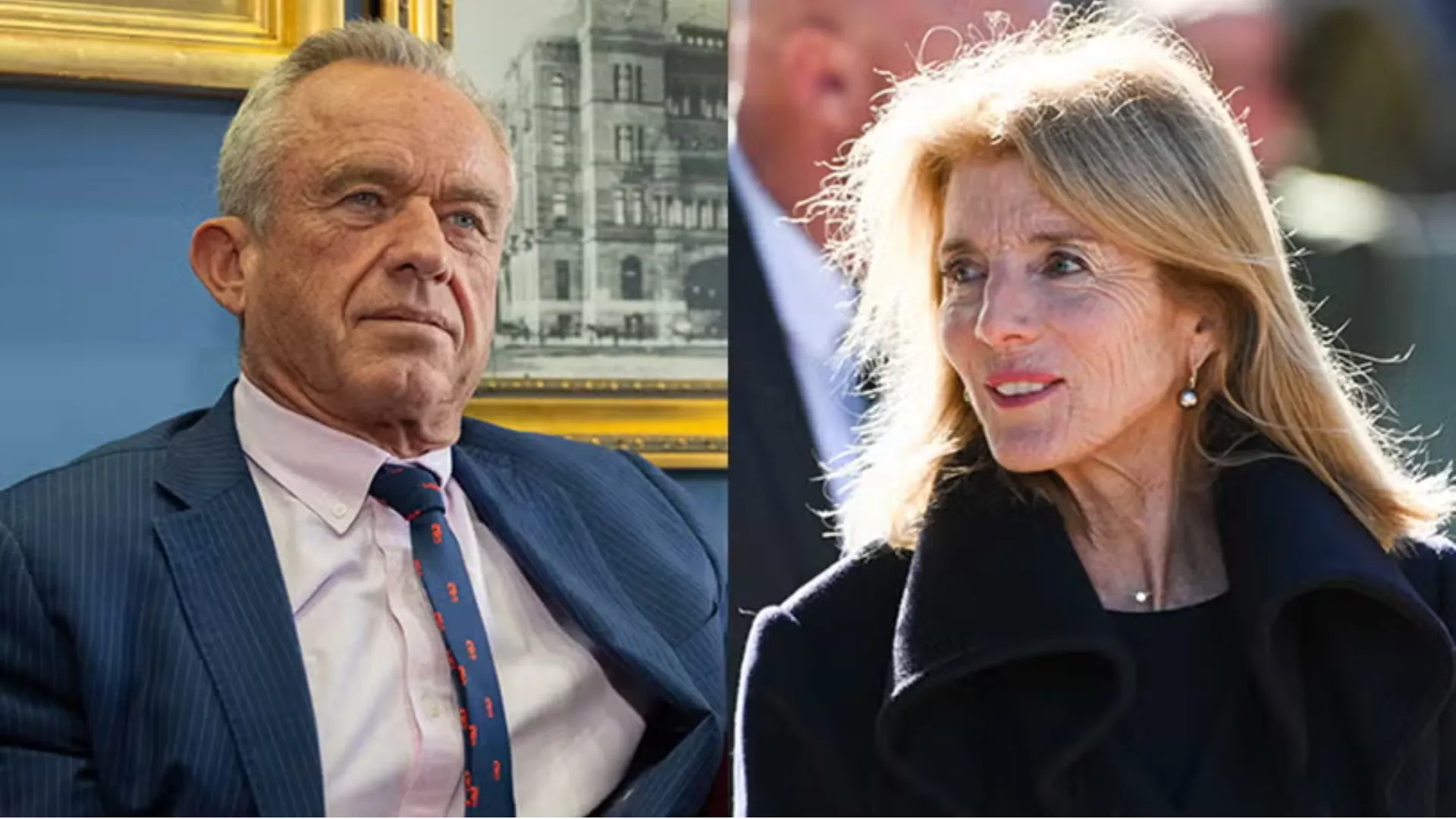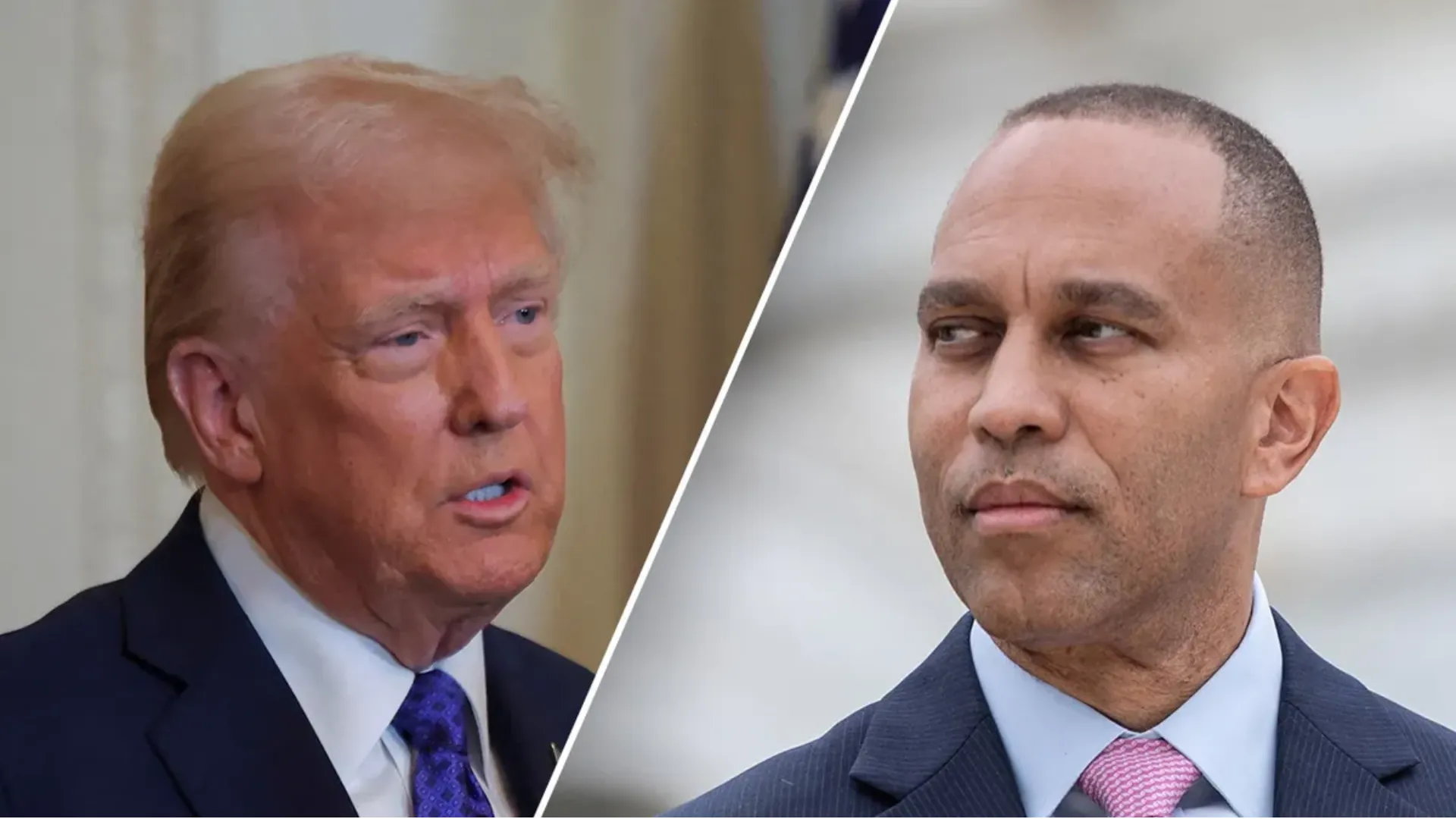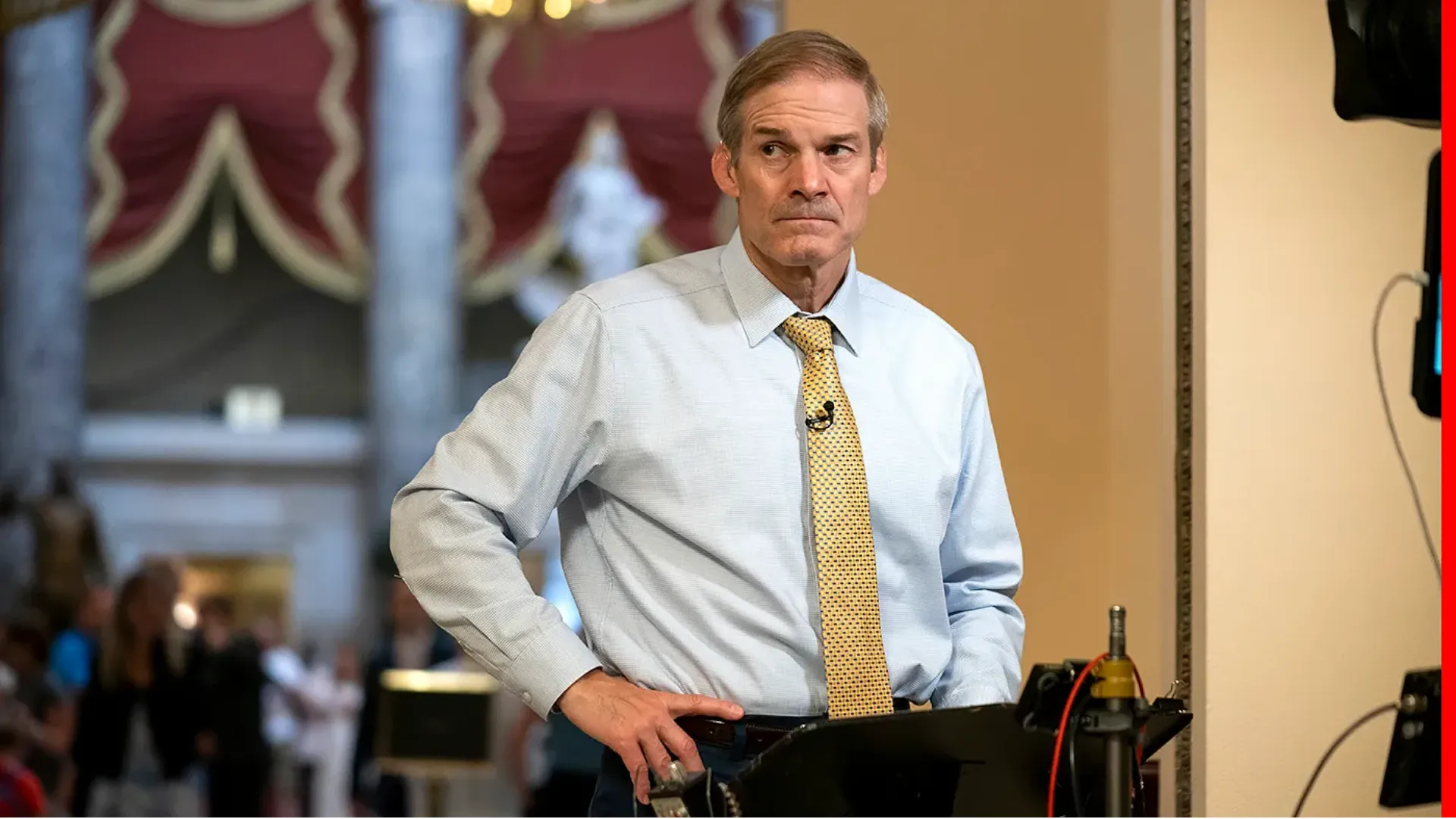
A federal judge presiding over Hunter Biden’s tax case issued a sharp critique of President Joe Biden’s assertions that his son was unfairly prosecuted.
U.S. District Judge Mark Scarsi, a Trump appointee, stated that the president’s claims stood “in tension with the case record” as Hunter Biden’s legal proceedings unfolded in California.
President Biden’s statement, made when he announced a full and unconditional pardon for his son, argued that “no reasonable person who looks at the facts of [Hunter Biden’s] case can reach any other conclusion than [Hunter Biden] was singled out because he is [the president’s] son.” Judge Scarsi, however, pointed out that two federal judges had explicitly rejected claims from Hunter Biden’s defense team that he was unfairly targeted.
“The President’s own Attorney General and Department of Justice personnel oversaw the investigation leading to the charges,” Scarsi wrote in a court filing. “In the President’s estimation, this legion of federal civil servants, the undersigned included, are unreasonable people.”
Scarsi also criticized the president’s suggestion that his son was treated differently due to his history of addiction.
Hunter Biden admitted in his guilty plea that he knowingly engaged in tax evasion after achieving sobriety, undermining claims of unequal treatment.

“In short, a press release is not a pardon,” Scarsi wrote in response to the statement released by the White House.
“The Constitution provides the President with broad authority to grant reprieves and pardons for offenses against the United States, but nowhere does the Constitution give the President the authority to rewrite history.”
The judge confirmed he would officially close the case once the appropriate executive agency submits the pardon. Meanwhile, he vacated Hunter Biden’s sentencing, originally scheduled for December 16.
Scarsi also raised questions about the wording of the pardon, which extended clemency for Hunter Biden’s offenses from January 1, 2014, through December 1, 2024.
Issued before the day ended, the judge noted potential concerns that the pardon may have attempted to preemptively cover future offenses, albeit for only a few hours. Ultimately, he declined to interpret the pardon in that way.
Hunter Biden pleaded guilty in September to nine federal tax charges, admitting he failed to pay at least $1.4 million in taxes over four years.

His guilty plea marked a turning point in the case, which initially included an offer of an “Alford plea” — a legal arrangement where a defendant maintains innocence while accepting punishment. Prosecutors rejected the offer, leading to a traditional guilty plea.
The tax charges, carrying potential sentences of up to 17 years, stemmed from Hunter Biden’s admitted misuse of funds to fuel a lavish lifestyle during his addiction. The case also followed Hunter’s earlier conviction in June for federal gun charges in a Delaware trial.
On Sunday, President Biden issued a full pardon for his son, nullifying convictions dating back to 2014. In his announcement, Biden expressed trust in the justice system but said he believed “raw politics…infected” his son’s case.
“I hope Americans will understand why a father and a President would come to this decision,” Biden said.
Special counsel David Weiss, who led the prosecution, refuted allegations of political influence. In court filings, Weiss stated there was no evidence of selective or vindictive prosecution in the case and opposed the outright dismissal of charges, suggesting instead that the court simply reflect the pardon in the case’s final resolution.
Weiss clarified that the pardon absolves Hunter Biden of penalties but does not erase his guilt or highlight flaws in the indictment.
This case marks a dramatic chapter in Hunter Biden’s legal troubles, culminating in his guilty plea after months of legal battles and heightened political scrutiny.



